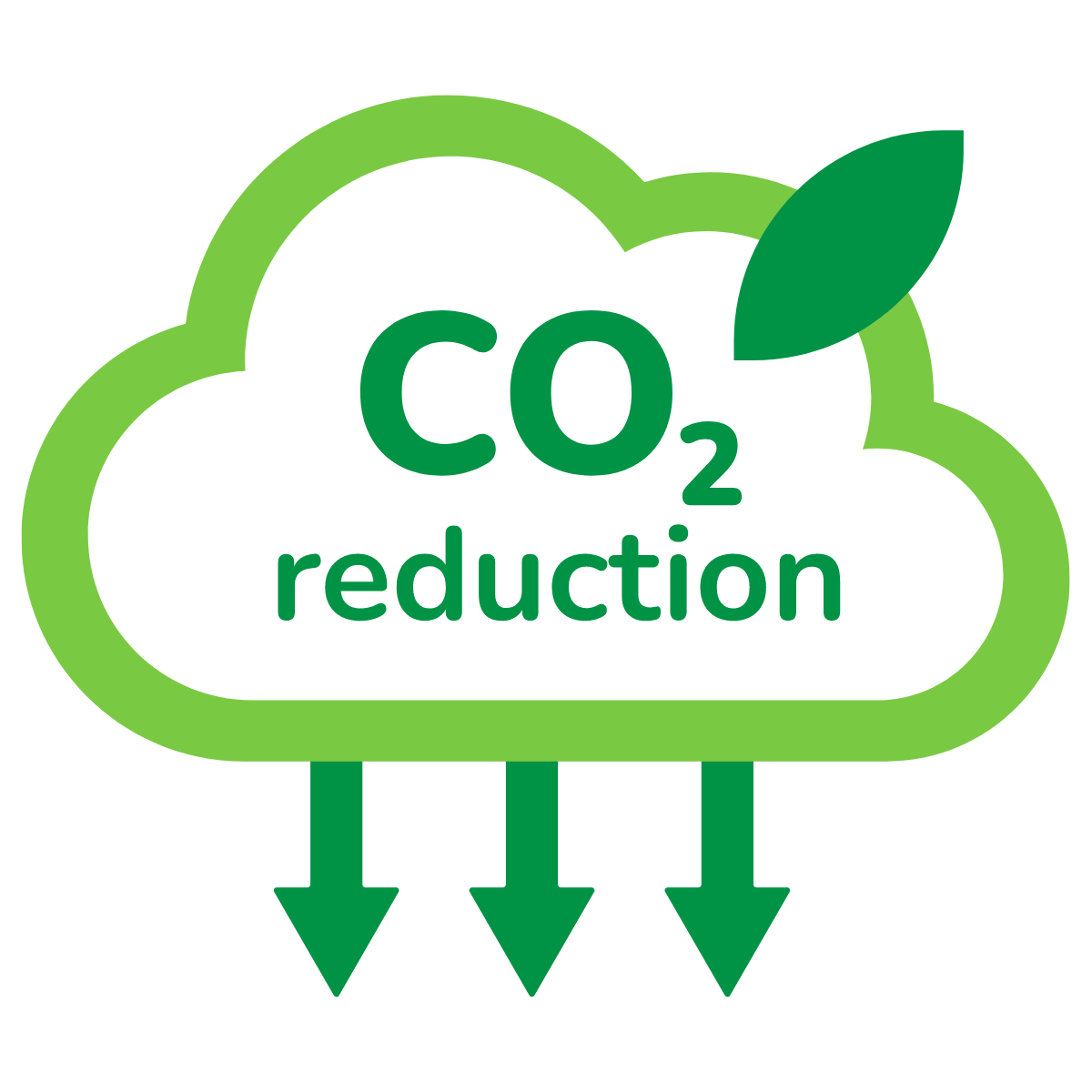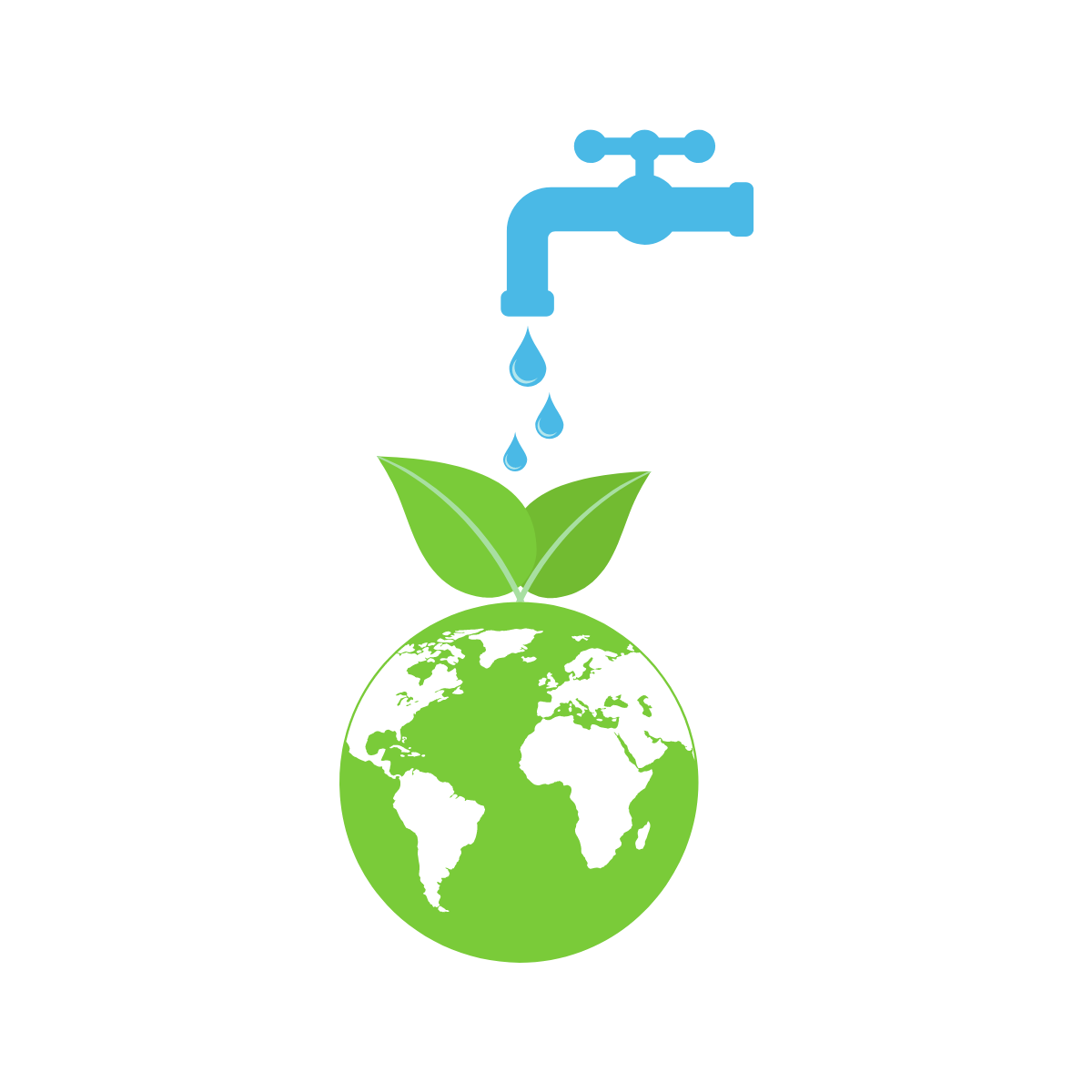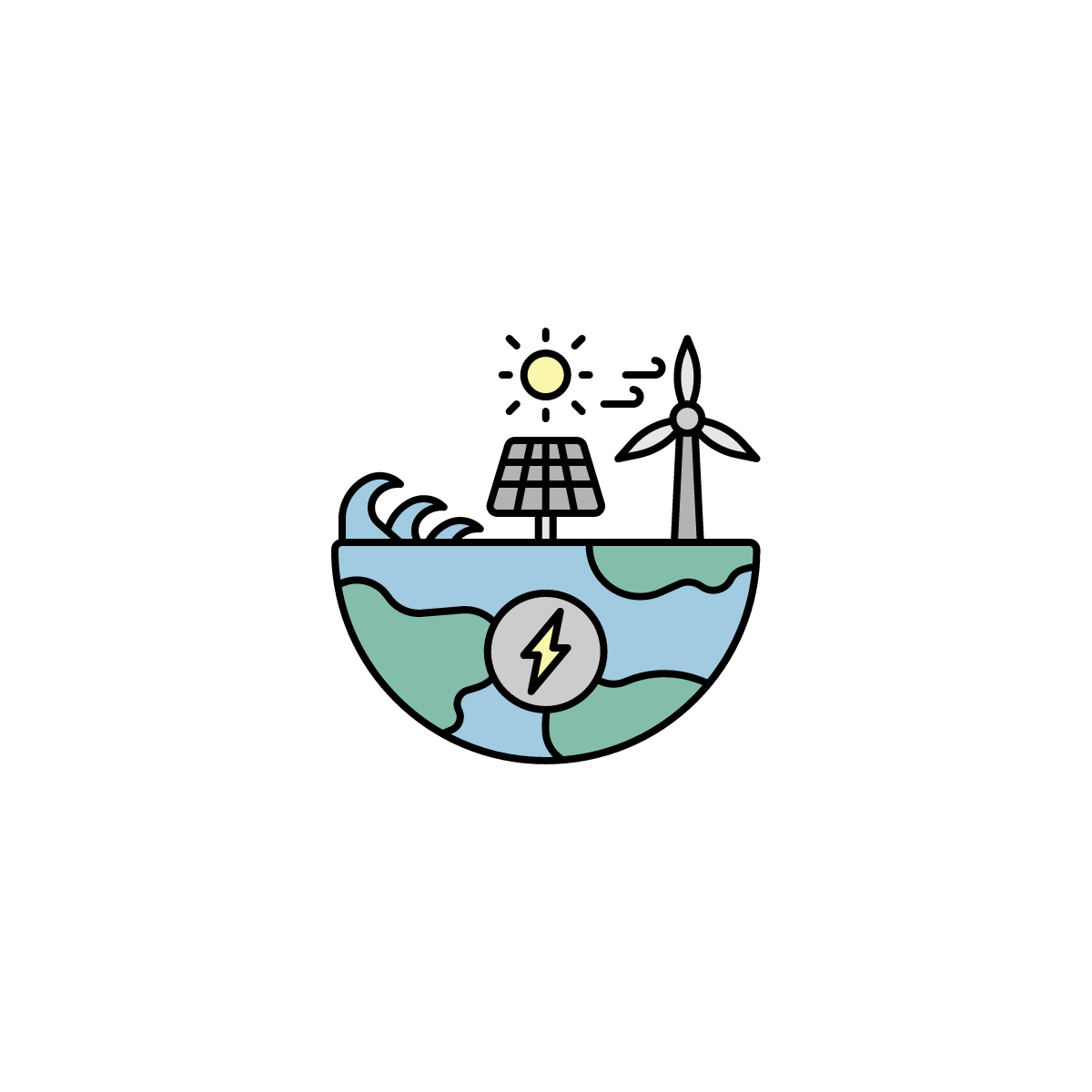Reduction in Greenhouse Gas Emissions

Renewable energy sources, such as solar, wind, hydro, and geothermal, emit little to no greenhouse gases. This makes them a far more sustainable option compared to fossil fuels, which emit high levels of greenhouse gases such as carbon dioxide, methane, and nitrous oxide. According to the International Renewable Energy Agency, renewable energy has the potential to reduce CO2 emissions by 70% by 2050, which is a significant step in combating climate change.
Cost-effective Energy Source

Renewable energy sources are becoming increasingly cost-effective. The cost of solar and wind energy has decreased significantly in recent years, making it more accessible to businesses and households. Moreover, renewable energy can offer long-term energy security and cost stability, as the sun, wind, and water are free and readily available.
Job Creation

Renewable energy projects require a significant workforce to design, build, and maintain them. This creates job opportunities in the renewable energy sector, which can help stimulate the local economy. According to the International Renewable Energy Agency, the renewable energy sector employed 11.5 million people worldwide in 2019, with solar PV being the largest employer.
Water Conservation

Renewable energy sources such as solar, wind, and geothermal require minimal water resources compared to fossil fuel power plants. Fossil fuel power plants use large amounts of water for cooling, which can put a strain on local water resources. In contrast, renewable energy sources do not require any water for cooling, making them a more sustainable option.
Sustainable Agriculture

Renewable energy can support sustainable agriculture by providing farmers with access to clean, reliable energy. This can power irrigation systems, reduce water waste, and improve crop yields. Moreover, renewable energy can provide rural communities with energy access, which can help support economic development in these areas.
Resilience to Climate Change

Renewable energy can help build resilience to climate change by reducing the carbon footprint of buildings and infrastructure. Renewable energy can be integrated into buildings through rooftop solar panels, geothermal heating and cooling, and other innovative technologies. This can help reduce the energy demand of buildings and make them more sustainable and resilient to climate change impacts.
Improved National Security

Renewable energy can improve national security by reducing dependence on foreign oil and gas. This can provide greater energy security, reduce the vulnerability of countries to price fluctuations and supply disruptions, and minimize the risk of geopolitical conflicts over energy resources.
Increased Energy Independence

Another advantage of renewable energy is that it can increase energy independence for countries and regions. Reliance on imported fossil fuels can leave countries vulnerable to price fluctuations and supply disruptions, which can have severe economic and social consequences. By developing their own renewable energy resources, countries can reduce their dependence on foreign energy sources, improving their energy security and stability. This can also have geopolitical benefits, as countries are less likely to be drawn into conflicts over energy resources.
Improves Public Health

Fossil fuel combustion releases pollutants that can harm human health, including particulate matter, nitrogen oxides, and sulfur dioxide. These pollutants can cause respiratory problems, heart disease, and other health issues, especially for vulnerable populations such as children and the elderly. Renewable energy sources, on the other hand, produce little to no harmful emissions, helping to improve air quality and protect public health. The switch to renewable energy can therefore reduce healthcare costs and improve the quality of life for people around the world.
Diversifies Energy Mix

Renewable energy sources can help diversify a country's energy mix, reducing reliance on a single energy source and increasing energy security. By developing a mix of renewable energy sources, countries can also ensure a more stable and reliable energy supply. This can help to prevent energy shortages and disruptions, particularly during times of high demand or supply chain disruptions.
Supports Sustainable Development

Renewable energy is a key component of sustainable development, as it supports economic growth while also protecting the environment and promoting social equity. By investing in renewable energy, countries can create jobs, improve public health, and reduce greenhouse gas emissions, all while ensuring access to clean and affordable energy. This can help to promote a more sustainable and equitable future for all, and ensure that future generations have access to the resources they need to thrive.
